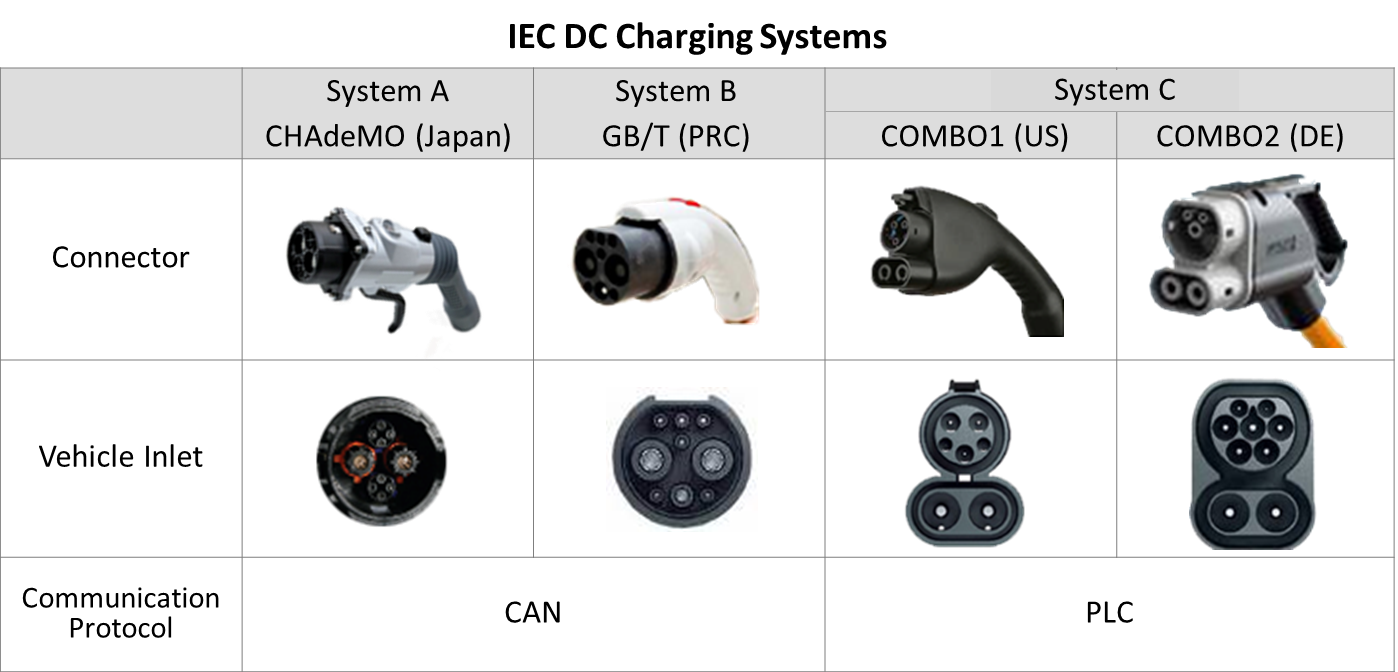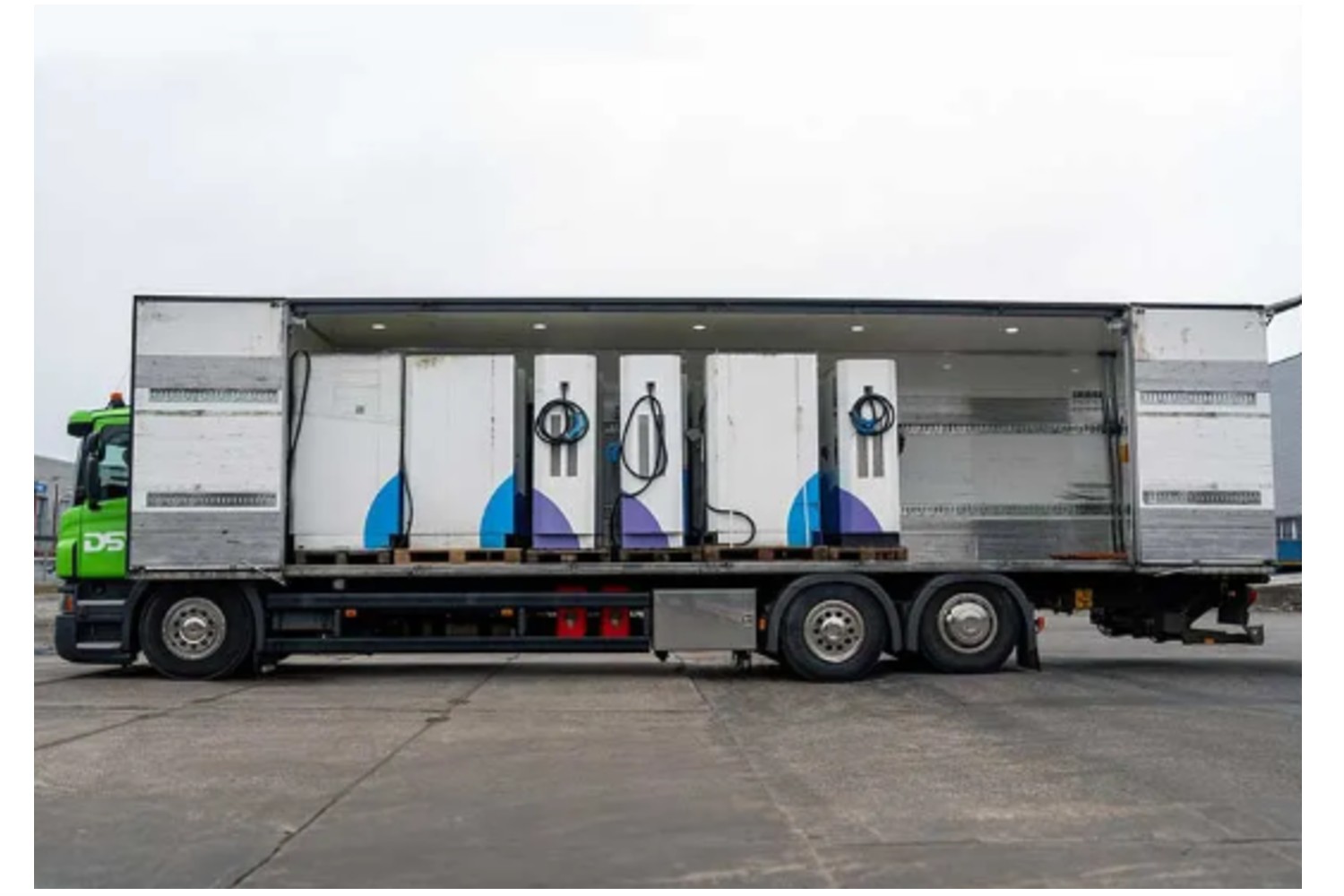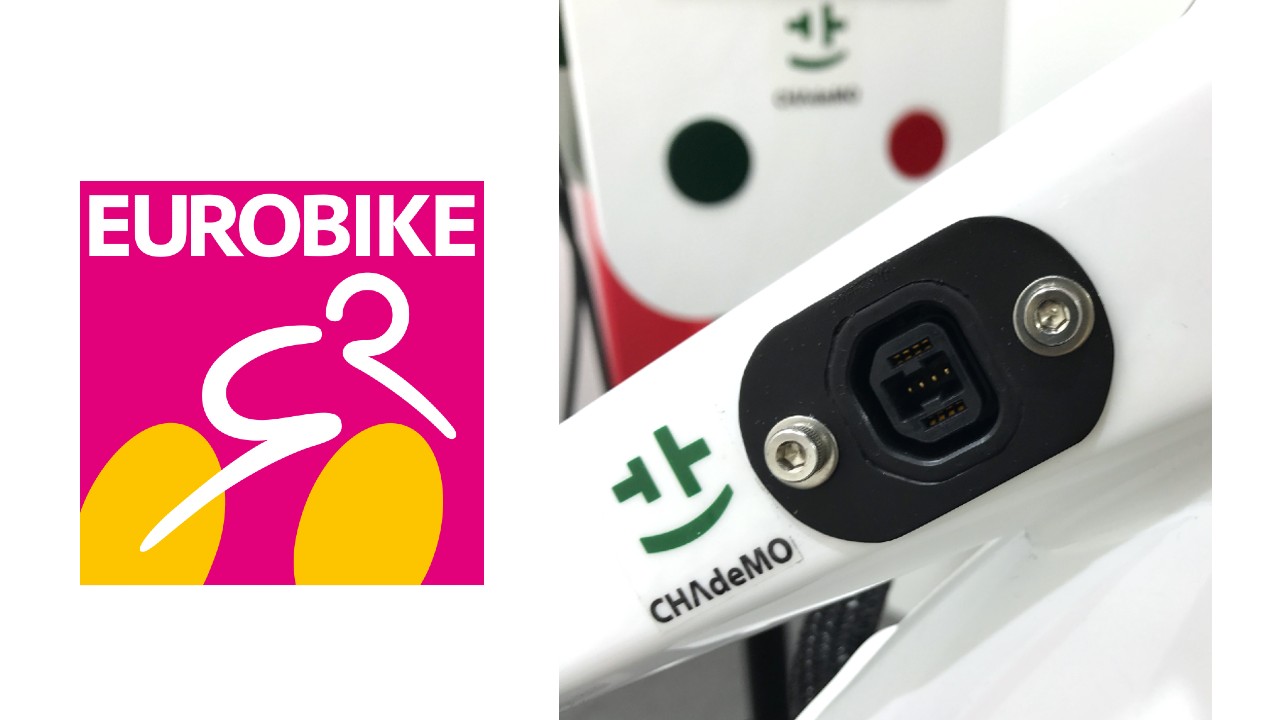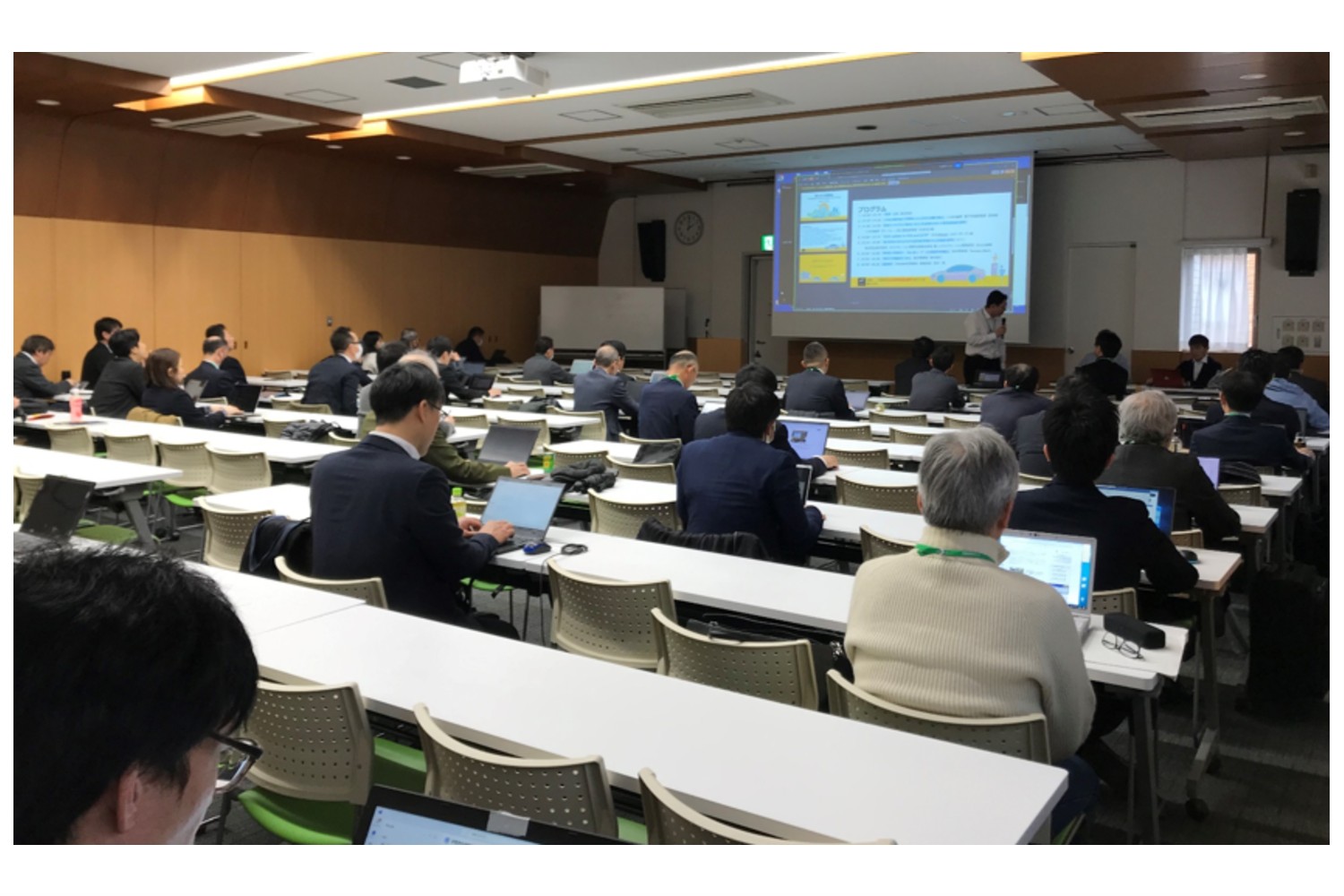CHAdeMO protocol is, and has always been the most widely deployed DC fast charging protocol in the world, but it is now officially recognised as an international DC charging standard by the International Electrotechnical Commission (IEC).
CHAdeMO protocol is, and has always been the most widely deployed DC fast charging protocol in the world, but it is now officially recognised as an international DC charging standard by the International Electrotechnical Commission (IEC), a leading global organisation that publishes international standards for electric and electronic products and related technologies.
Since 2009, following the commercialization of the new generation of EVs that were fast chargeable using the innovative CHAdeMO technology, CHAdeMO Association members have been taking an active role in the IEC technical committees 61851-23, -24, as well as 62196-3 in order to drive the consensus approach of international standardisation. After 4 years of expert meetings, in January 2014, the FDIS (final draft international standard) for 61851-23 and -24 were approved by the committees and were finally published on the IEC website yesterday.
DC fast charging system standards IEC 61851-23 gives the requirements for "DC chargers" and provides the general requirements for the control communication between a DC fast charger and an EV. IEC 62851-24 defines digital communication between a DC fast charger and an EV.
In all of the aforementioned technical committees, CHAdeMO is among the 3 different systems that were approved to be international DC charging standards: CHAdeMO proposed by Japan (System A), GB/T by China (B), COMBO1 by the US and COMBO2 by Germany (C).

The IEC, headquartered in Geneva, Switzerland, has 82 countries joining as members. IEC standards are developed in a consensus process by experts from the participating countries and are the result of an agreement between the National Committees of member countries. IEC publications serve as a basis for national standardisation and as references when drafting international tenders and contracts.




